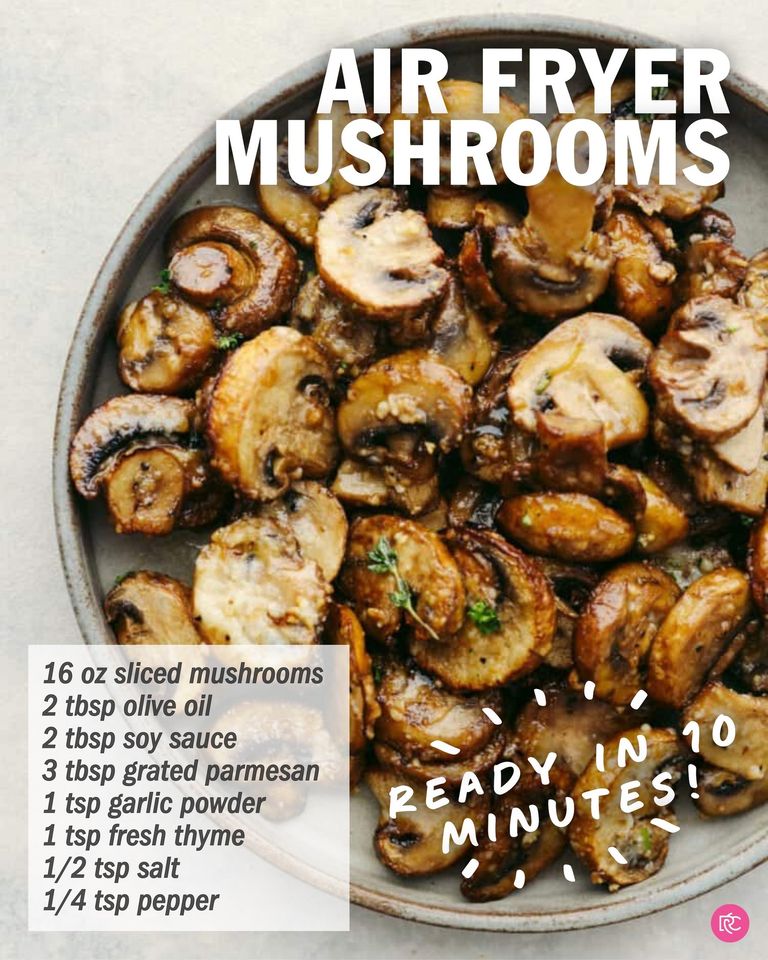
DIY Oven Cleaner That Will Make You Ditch Store-Bought Products Forever
How to Make and Use the Best DIY Oven Cleaner
Ready to give your oven a thorough clean without the chemicals? Here’s a step-by-step guide to creating and using your own baking soda oven cleaner.
Step 1: Gather Your Supplies
You’ll only need a few ingredients to get started:
½ cup baking soda
A few tablespoons of water
White vinegar (optional, for extra cleaning power)
Essential oil (optional, for a fresh scent)
A small bowl for mixing
Damp cloth or sponge
Step 2: Mix the Baking Soda Paste
In a small bowl, combine ½ cup of baking soda with 2-3 tablespoons of water. Stir the mixture until it forms a thick paste. If you’d like, add a few drops of essential oil for a pleasant fragrance. Lavender or lemon works well to mask any lingering odors in your oven.
Step 3: Apply the Paste
Using a gloved hand or a sponge, spread the baking soda paste evenly across the interior surfaces of your oven. Focus on areas that have visible grease or baked-on residue. Make sure to avoid the heating elements if your oven has them exposed. For really tough spots, apply a thicker layer of the paste and let it sit for 12 hours or overnight. This gives the baking soda time to work its magic, loosening up stubborn grime.
Step 4: Wipe It Away
Once the paste has had time to set, take a damp cloth or sponge and wipe away the baking soda mixture. You’ll notice that most of the grime comes off easily with the paste. For any areas where residue remains, you can use a little warm water and gentle scrubbing.
Step 5: Add a Vinegar Rinse for Extra Shine
For an extra clean finish, spray some white vinegar over any remaining baking soda residue inside the oven. The vinegar will react with the baking soda, creating a gentle fizz that helps lift away any lingering dirt. Wipe down the surfaces again with a clean cloth, and your oven will be sparkling clean.
Tips for the Best Results
Ventilate the Area: Even though this cleaner is non-toxic, it’s always a good idea to ventilate your kitchen while cleaning. Open a window or turn on the exhaust fan to keep the air fresh.
Don’t Rush It: Letting the baking soda paste sit overnight is key for tackling those tough, baked-on spots. The longer you let it sit, the less elbow grease you’ll need when it’s time to wipe everything away.
Use Vinegar Wisely: While vinegar is great for adding shine, avoid spraying it directly onto oven heating elements. A little spritz on the interior walls and door should be more than enough.
Frequently Asked Questions (FAQs)
1. Can I use this cleaner on a self-cleaning oven?
Yes, but with caution. If you have a self-cleaning oven, be sure to avoid using abrasive scrubbing pads that could damage the coating. Stick to using the baking soda paste and a soft cloth for gentle cleaning.
2. How often should I clean my oven with this method?
For best results, aim to clean your oven every 3 months. If you do a lot of baking or roasting, you might want to clean it more frequently to keep grime from building up.
continued on next page